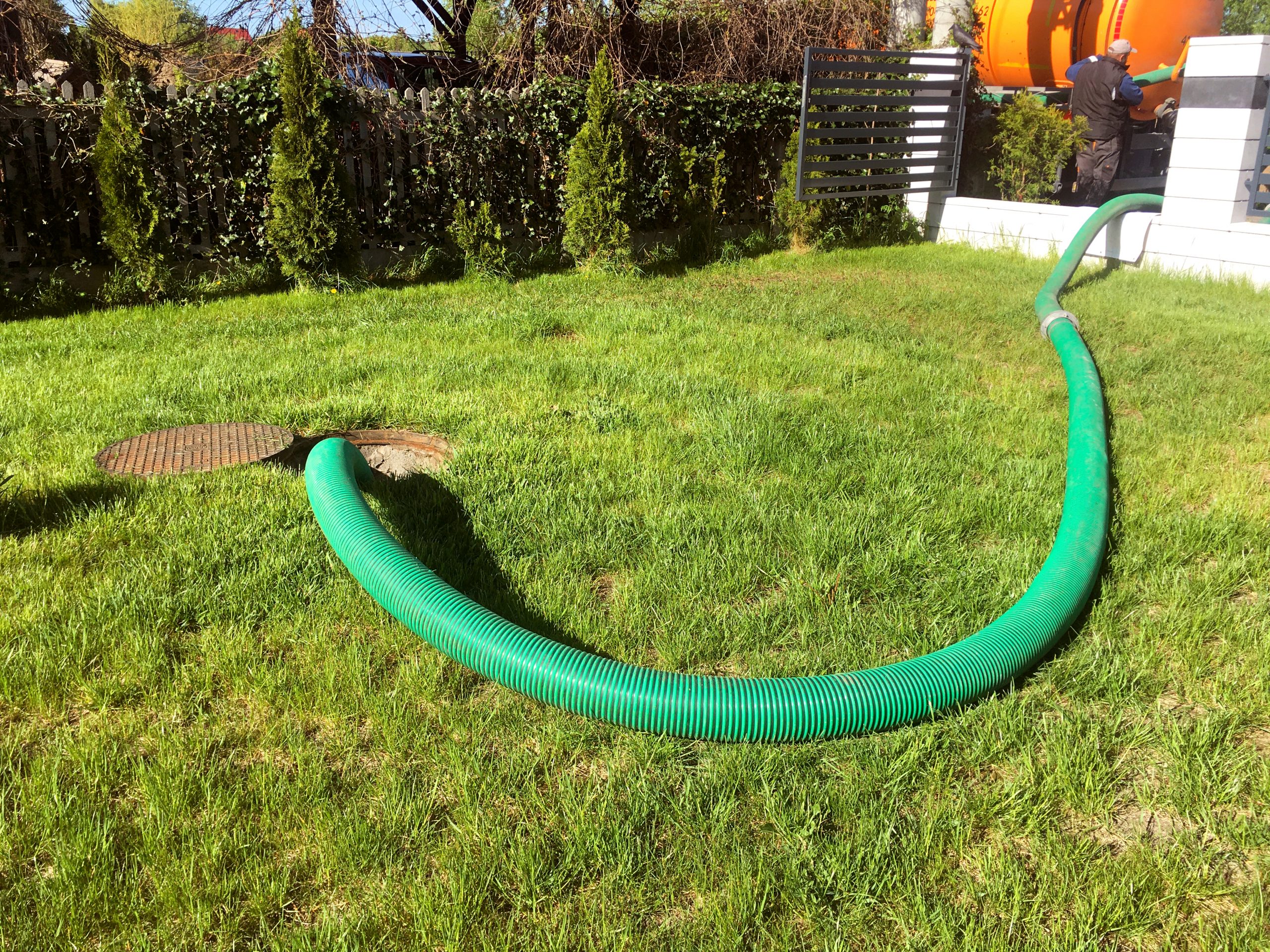A well-maintained septic tank system is crucial for the efficient and safe disposal of household waste. For seniors, preventing common septic tank issues is especially important to avoid costly repairs and health hazards. By understanding the key factors that contribute to septic tank problems and adopting preventive measures, you can ensure your system operates smoothly for years. Here’s a comprehensive guide on how to prevent common septic tank issues, complete with practical tips and insights.
Understanding Your Septic System
Before diving into preventive measures, it’s essential to understand how a septic system works. A typical septic system consists of a septic tank and a drain field. Wastewater from your home flows into the septic tank, where solids settle to the bottom, and liquids flow out to the drain field for further treatment. Problems can arise when any part of this process is disrupted.
1. Regular Inspections and Pumping
Regular Inspections: Periodic inspections by a professional can help identify potential problems before they escalate.
Tips:
- Annual Checkups: Have your septic system inspected annually to ensure it’s functioning correctly.
- Professional Assessment: Hire a licensed septic professional to conduct thorough inspections and make necessary adjustments.
Regular Pumping: Over time, solids accumulate in the septic tank and need to be pumped out to prevent overflow and blockages.
Tips:
- Pumping Schedule: Pump your septic tank every 3-5 years, depending on the size of your tank and household usage.
- Maintenance Records: Keep records of all inspections, pumping, and repairs to track the health of your system.
2. Water Conservation
Excessive water usage can overload your septic system, leading to potential failures.
Tips:
- Fix Leaks: Repair any leaking faucets, toilets, or pipes promptly to prevent unnecessary water flow.
- Efficient Fixtures: Install water-efficient fixtures such as low-flow toilets, showerheads, and faucets to reduce water usage.
- Stagger Usage: Spread out high-water-use activities, like laundry and dishwashing, throughout the week.
3. Proper Waste Disposal
What you put down your drains can significantly impact your septic system’s health.
Tips:
- No Non-Biodegradable Items: Avoid flushing non-biodegradable items such as wipes, sanitary products, diapers, or dental floss.
- Limit Chemicals: Do not flush harsh chemicals, medications, or large quantities of household cleaners, as they can disrupt the bacterial balance in your septic tank.
- Grease and Oils: Never pour grease, oils, or fats down the sink, as they can solidify and clog pipes.
4. Protect the Drain Field
The drain field is a critical component of your septic system, responsible for filtering and dispersing wastewater.
Tips:
- Avoid Heavy Traffic: Do not park vehicles or place heavy objects on the drain field to prevent soil compaction and pipe damage.
- Landscaping: Plant grass or shallow-rooted plants over the drain field to prevent soil erosion. Avoid planting trees or shrubs whose roots could invade and damage the drain field.
- Redirect Water Flow: Ensure that excess water from gutters, downspouts, and other drainage systems is directed away from the drain field to avoid overloading it.
5. Educate Your Household
Ensuring that everyone in your household understands how to care for the septic system is crucial.
Tips:
- Family Meetings: Discuss septic system care with all household members, emphasizing the importance of proper waste disposal and water conservation.
- Guest Instructions: Inform guests of any specific rules regarding what can and cannot be flushed or drained.
6. Seasonal Maintenance
Certain seasons require specific maintenance tasks to keep your septic system in good working order.
Tips:
- Winter Prep: In colder climates, insulate your septic system to prevent freezing. Avoid driving over the system to prevent compacting snow and ice, which can lead to freezing.
- Spring Checkup: After winter, check for any signs of damage or issues caused by freezing temperatures and perform necessary repairs.
